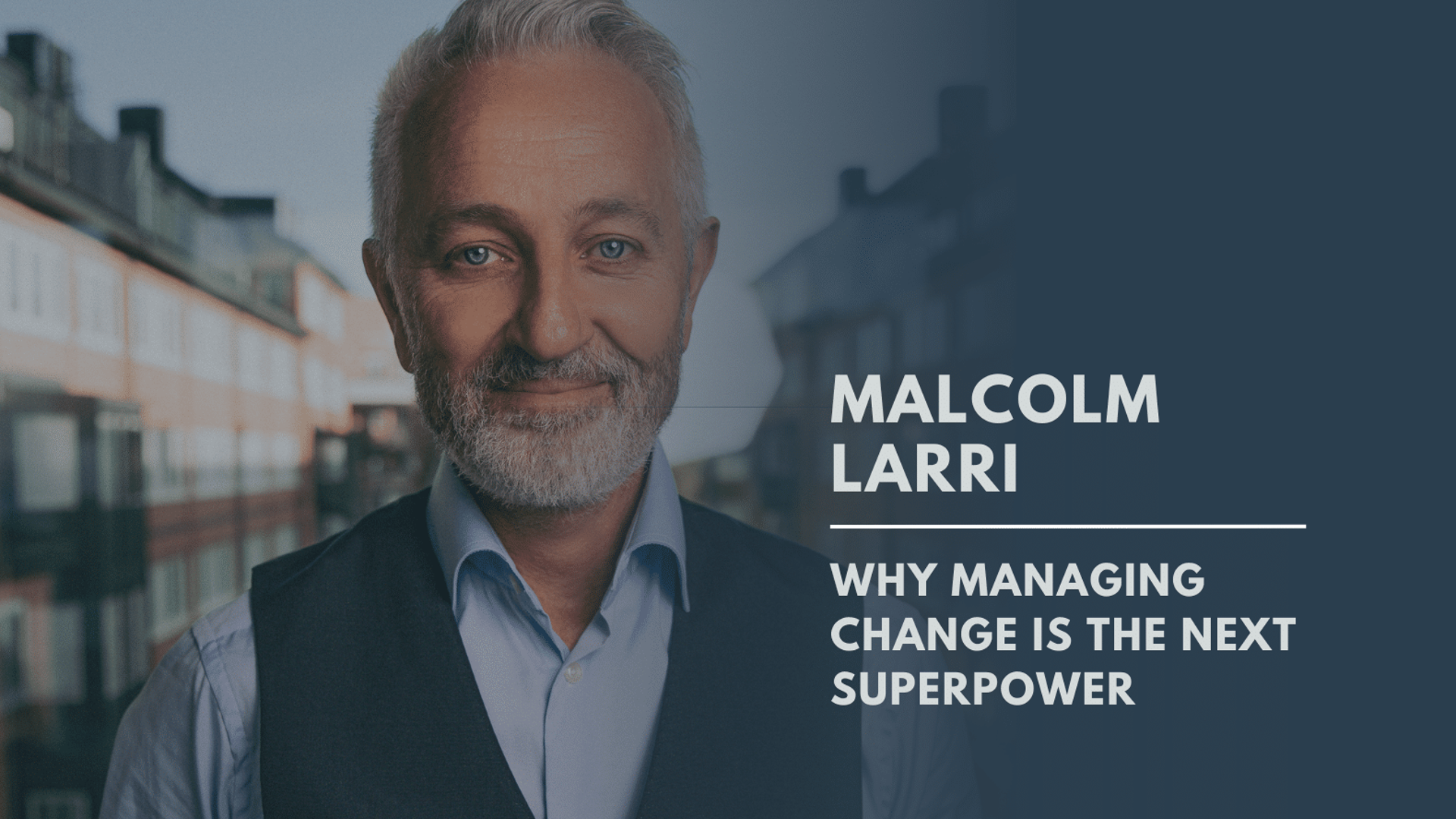
Recently I spoke to 120 leaders of a large logistics organization and when I asked what the biggest challenge they had in their teams and leadership was the response was very clearly “resistance to change”
Then I asked them how well they were managing change on an operational level such as sharing a vision and collaborating. The response came back “we have huge problems with personal friction, misalignment on outcomes and increasing burnout”.
These examples are from just one company, but I see the same challenges in every company I work with, across all industries from small startup companies to global multinational brands.
Change = Friction. Frustration. Burnout.
All of this happens because almost no one in professional life has a had training in how to manage themselves and others through change, and go to work everyday with no personal understanding of how they behave when faced with change or how their personal style of managing change affects others.
As we enter the next phase of industrial progress, AI will accelerate the rate of change in life, business and commerce in ways that are hard for us to even comprehend. Industry 5.0 is here and every single business will be affected by the tsunami of change it brings with it.
The next decade of professional life is all about managing change.
We must unlock the full potential of our people, teams and leaders by training them on HOW to change.
Organizations now need to be training all of their leaders and teams on both the psychology and strategy of change, so they can adapt, evolve and remain agile in a dynamic and volatile marketplace.
There are two main psychological frameworks people use to manage change: one is the Opportunity Orientation and the other is the Security Orientation.
Opportunity people move forward by taking action and trying things and for them momentum is the psychological armor that allows them to manage change and create changes. They move fast, think fast, and act quickly.
But sitting on the other side of the meeting room table is the other sociological framework for managing change which is Security Orientation. Security people need lots of information to feel safe to move forward and are very risk averse when managing change. The change slowly and carefully.
When these two change styles meet each other, we end up with collaboration friction, high emotions and huge amounts of internal challenge even before we actually begin managing change itself.
I created Managing People Managing Change Workshop in response to the challenges that my customers were seeing, and to empower their organizations ability to remove both the fear of change and the friction of change from the personal interactions that take place on a daily basis.
In the workshop we learn that very professional person now must do these three things if they’re going to be an ambassador for change inside their organizations:
1: To consciously understand how they manage change: they must clearly know their change style – are they a security or opportunity change maker? You can’t optimize your change style unless you know it.
2: Replace the fear of change with trust Building: They must understand how to manage the opposite change style to theirs in the best possible way to remove friction and build trust quickly and consistently throughout the whole change process.
3: To remove the friction of change – they must understand how they manage the 3 Stages of Change and how to lead themselves and others through the different emotional and strategic challenges a journey of change brings.
There is no future for organizations that are busy upgrading their tech stack but not upgrading their people’s ability to adapt to the new realities and ways of working.
Managing Change is the next human superpower in professional life and we must unleash the full potential of everyone in the organization.
Nothing else will be possible without it.
// Malcolm Larri – Leadership and Culture Consultant , Speaker, Conference Host & Coach
“Every day I help individuals and organizations create engagement and inspiration around managing change. When people understand the true value and contribution they bring, engagement naturally follows”
Skicka en förfrågan på Malcolm Larri

Bokning och förfrågan
Skicka en bokningsförfrågan här för Malcolm Larri
Tyckte du att blogginlägget var inspirerande? Du kan boka Malcolm Larri till ditt event. Kontakta oss idag för att höra mer om möjligheterna.




